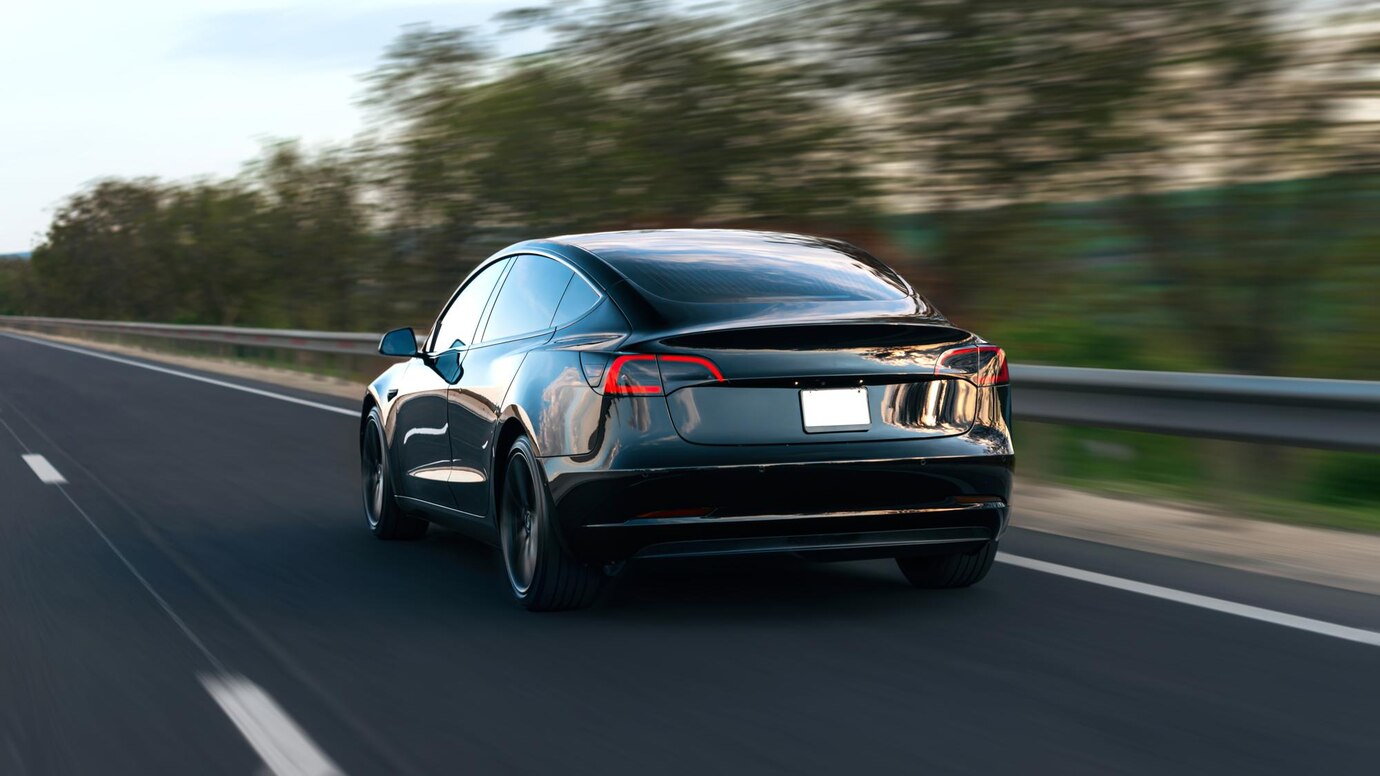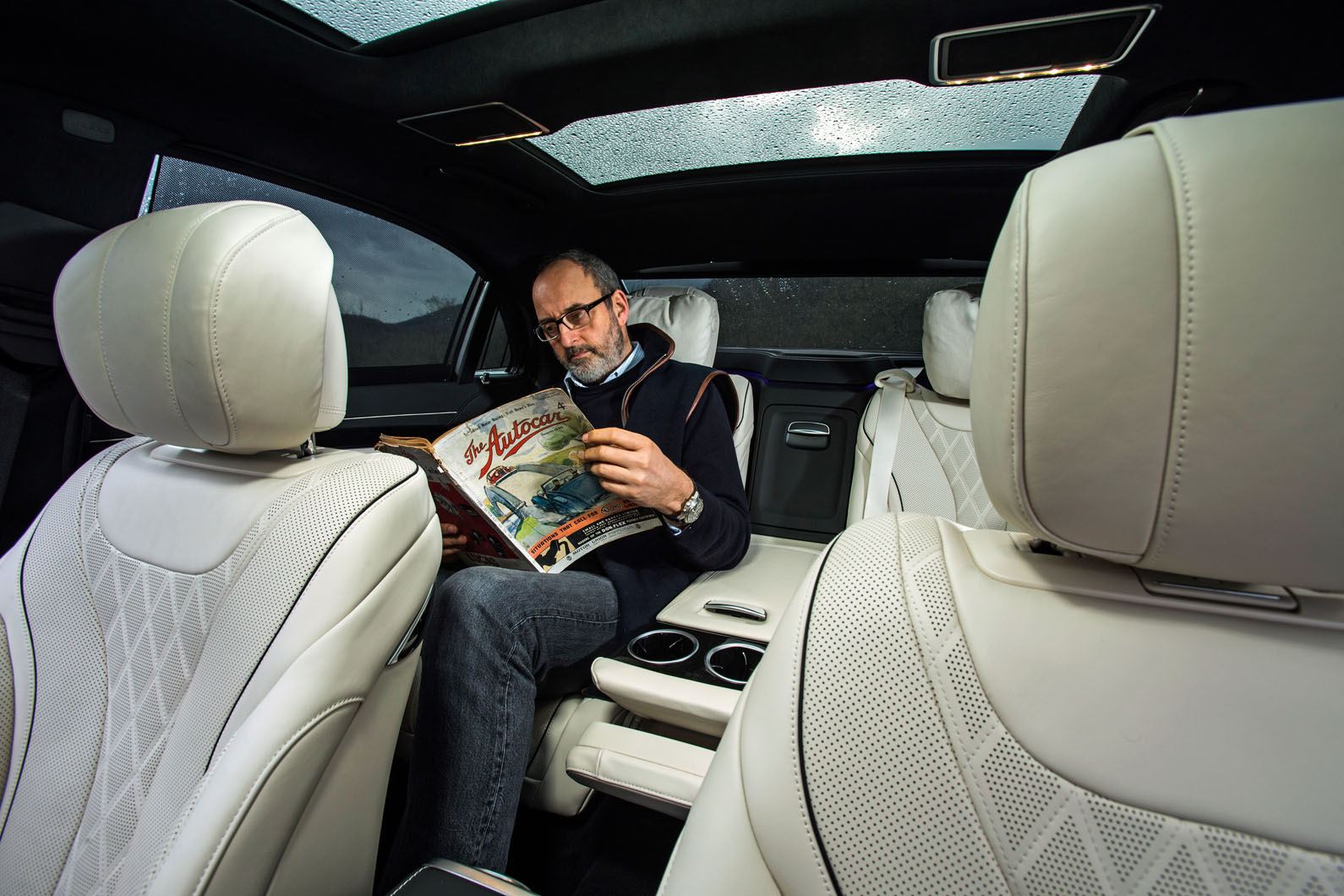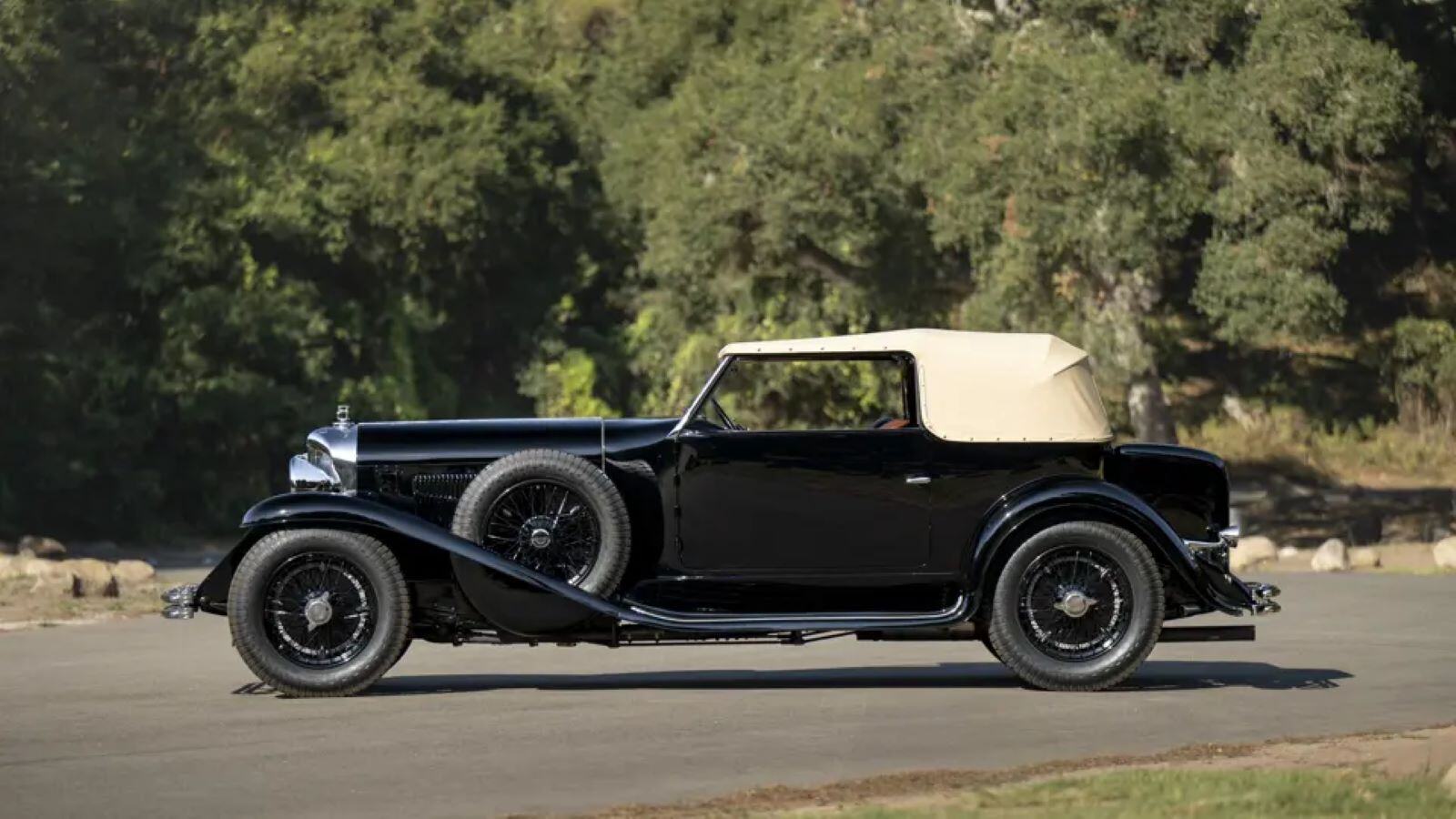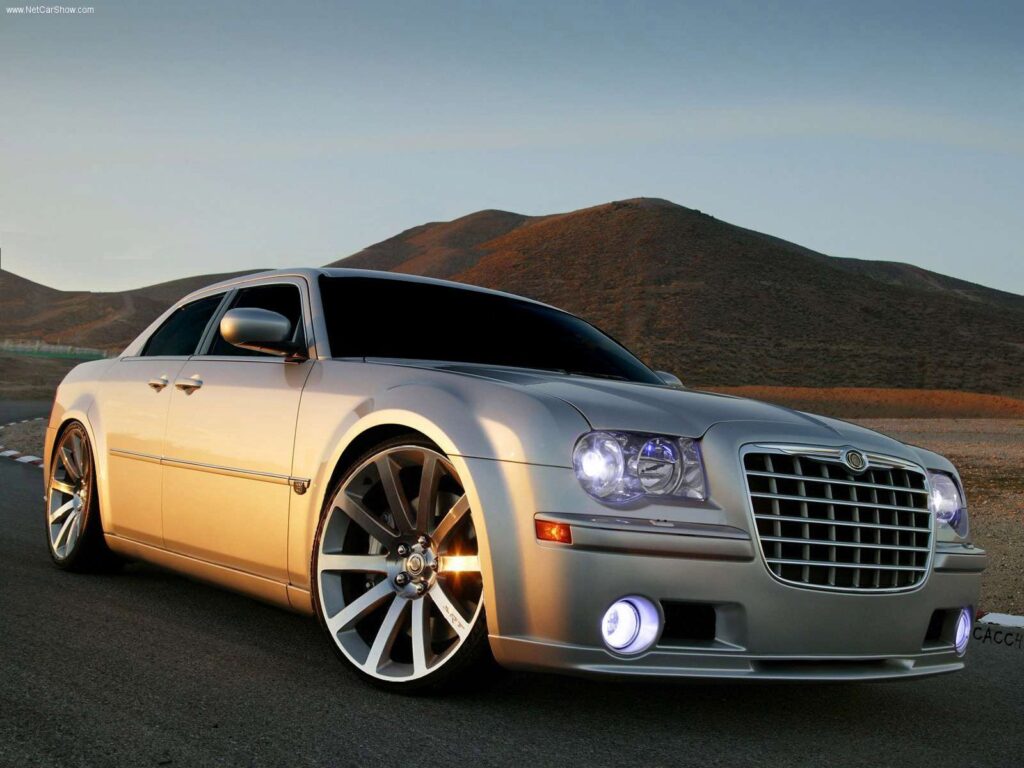
Letting go of an old car is frequently much more than a mere transactional decision; it often signals a profoundly emotional departure, touching the very core of our personal histories. These vehicles, far from being simply machines designed to transport us from one point to another, evolve over time into something far more significant.
They become extensions of our lives, repositories of countless memories, shared experiences, and an invaluable sense of familiarity that permeates our daily existence. The deep-seated psychology underpinning the difficulty we face when parting with a cherished vehicle delves into intricate themes of attachment, the subtle construction of identity, and the pervasive challenge of confronting change. It’s a journey into the human psyche, revealing how deeply inanimate objects can embed themselves in our emotional landscape.
In this exploration, we aim to uncover the multifaceted reasons behind these powerful bonds, examining the intricate ways in which our cars transcend their mechanical purpose to become integral parts of who we are. By dissecting the psychological underpinnings of this connection, we can begin to understand why saying goodbye feels less like a practical decision and more like closing a significant chapter in our lives, honoring the profound impact these machines have had.

1. **Attachment and Sentimental Value**Humans possess an innate tendency to form attachments to objects that have been present during significant life events, and a car, particularly one that has traversed various stages of your personal journey, accumulates an immense reservoir of sentimental value. This could be the vehicle that first symbolized your newfound freedom and independence, marking the threshold of adulthood. Perhaps it was the very car in which you gently drove your newborn home from the hospital, cradling a new life, or the steadfast companion that carried you on unforgettable road trips with friends and family, etching joy and adventure into its very frame.
This profound attachment finds its roots in what is known as “affective memory,” a concept where tangible objects become inextricably linked to powerful emotional experiences. Each small dent, every unique scratch, or even a quirky characteristic of your old car can serve as a potent reminder of a specific moment frozen in time. Consequently, the act of letting go of such a vehicle can evoke a feeling akin to releasing those cherished memories themselves, or even, in some profound instances, letting go of the person you once were when that car first entered your life.

2. **Identity and Self-Concept**Beyond their utilitarian function, cars frequently become deeply intertwined with our self-concept, acting as tangible representations of who we are or who we aspire to become. A robust SUV, for example, might perfectly embody an individual’s adventurous spirit and their desire to explore uncharted territories. Conversely, a sleek, meticulously maintained sedan could reflect a polished professional image, communicating ambition and sophistication.
When the inevitable moment arrives to part ways with such a vehicle, it can feel like bidding farewell to a significant piece of one’s identity, a tangible symbol of self that has been carefully cultivated over years. This profound connection to self-identity often explains why some individuals find the transition to a new vehicle exceptionally challenging, even when their current one has long since ceased to be reliable or practical.
The automobile, in this sense, transcends its mechanical nature, becoming a symbol of continuity and stability in an ever-shifting world, offering a reassuring sense of control amidst life’s uncertainties. The mere thought of driving something entirely new can be profoundly unsettling, as it compels us to confront the relentless passage of time and the inevitable changes that shape our lives, challenging the comfort of the familiar.

3. **The Fear of Change**Change, even when it promises positive outcomes, remains an inherently challenging aspect of the human experience. The contemplation of moving on from a beloved car can frequently evoke a profound sense of loss, extending beyond merely the vehicle itself to encompass the entire era of your life that it so powerfully represents. This is where the psychological phenomenon of *loss aversion* becomes particularly relevant.
Human beings, as a general rule, tend to fear the prospect of loss far more intensely than they value the potential for gain. This inherent psychological bias can make it extraordinarily difficult to release something familiar and deeply ingrained, even when the practical benefits and clear advantages of acquiring a new vehicle are unequivocally evident. The known comfort, however imperfect, often outweighs the perceived uncertainty of a brighter future.
Furthermore, an inherent fear of the unknown is inextricably linked with the prospect of a new car. Nagging questions inevitably arise: Will this new vehicle prove to be as reliable as the old one? Will it ever manage to cultivate the same deep emotional significance? Such uncertainties can generate considerable anxiety, thereby complicating the decision to let go even further. While a new car might symbolize the promising inception of a fresh chapter, it simultaneously necessitates the definitive closure of an old one, a transition many find daunting.

4. **Memories and Shared Life Events**Cars are, at their core, incredible vessels of memory, accompanying individuals through a myriad of major life events and milestones. Road trips with friends, family outings, and even the routines of daily commutes contribute significantly to the formation of a unique and deeply personal bond. Each scratch, every dent, and the wear and tear on a seat tell a story, serving as silent witnesses to the unfolding tapestry of one’s life.
Consider the profound sentiment articulated by Jamie Weiss of DMARGE when reflecting on his 1996 Ford Probe GT, affectionately known as ‘El Probo.’ He confessed to feeling unexpectedly emotional as it drove away, despite its myriad faults, because it had been instrumental in teaching him how to drive manual and perform basic maintenance. He even credited ‘El Probo’ with helping him secure his job at DMARGE, symbolizing growth and formative experiences, a testament to the depth of these automotive relationships.
Luc Wiesman, DMARGE Director & Publisher, echoed this sentiment, admitting genuine melancholy for a week after selling his car after seven years. He even took a photo with it, something he’d never done before, noting, “You spend hours every week in the car, so it’s like a home, so you’re likely to form some sort of attachment to it.” The family connection, having purchased it from his father, further amplified this emotional weight. These anecdotes vividly illustrate how cars transcend utility, becoming true family members and silent partners in our most significant life moments, from mundane commutes to the deeply personal journey of having a daughter born in the back seat of an old station wagon, as shared by some family friends.

5. **The Allure of Aesthetics: Looks and Design**It is an undeniable truth that very few individuals are entirely immune to the captivating power of a beautifully designed car. A striking body design serves as a potent magnet, not only influencing the initial decision to purchase a vehicle but also playing a substantial role in fostering a long-term desire to keep it. The visual appeal of an automobile speaks directly to our aesthetic sensibilities, evoking admiration and pride.
This aesthetic dimension is, in fact, a significant factor in the genesis of emotional attachment, explaining the immense and continuous effort that car manufacturers invest in design innovation. The sleek lines, the carefully sculpted curves, and the distinctive visual identity of a vehicle are meticulously crafted to evoke a strong, positive emotional response. When a car looks good, it doesn’t just perform; it resonates with our sense of style and aspiration, deepening the bond we form with it.

6. **The Comfort of Unwavering Reliability**Among the most frequently recounted narratives by those who deeply cherish their cars is the tale of unwavering reliability—the comforting assertion that “it never lets him/her down.” This consistent dependable performance fosters a powerful sense of trust and security, transforming a mere machine into a steadfast companion that one can always count on, regardless of the journey or the conditions.
Vehicles that boast an impressive track record of reliability tend to grow profoundly on their owners, particularly those who possess a more practical disposition. The absence of unexpected breakdowns, the consistent ability to start in any weather, and the general low-maintenance nature of such a car contribute significantly to a quiet, yet powerful, emotional bond. This reliability instills a deep sense of confidence, turning the car into a trusted ally in the owner’s daily life, a silent testament to its dependable service.




